And friends are friend forever, if the Lord’s the Lord of them . . .
The words of this iconic duet buzzed through the gym’s speakers during one of the most painful experiences of my adolescent life—my high school graduation. Of course it wasn’t Michael W. Smith’s fault. He never really lied to me. (Seriously, how could I blame my Christian music idol for my struggles in friendship-land?)
The problem rested entirely with them—my former friends. Or, was it with me? Or was it somehow both of our faults? Honestly, I’m still not sure.
What I do know is that I’d never felt as alone as I did wearing a blue cap and gown, walking through the “Sportatorium” to the tune of Pomp and Circumstance. The rest of the class walked in two-by-two, but I entered last, all alone. With a fake smile plastered across my face, I focused on walking on my toes so my heels wouldn’t get stuck in the foam floor. No need to fall and further humiliate myself.
It’d been a full year since I’d seen most of my class. When junior year went wonky, I decided to run. To college, that is.
Squad Snubbed
I still struggle to do the math on what happened that fall of my eleventh grade year. Two openings on the cheerleading team, four girls trying out, and one broken heart—mine. I’m not being overly dramatic; this was the biggest relationship obstacle my sixteen-year-old self had ever faced.
Though I played other sports, I spent every weekend with the cheerleaders. We searched for bargains at Benetton and compared Swatch watches. We stayed up late eating raw cookie dough, watching The Princess Bride, and carefully dialing *67 before prank calling Paul McNally. (Sorry, Paul.)
They taught me the cheers, corrected my pom-pom holding form, and gushed about how fun it would be when we could all travel to away games, together. Tryouts were merely a formality; I was already a part of the squad.
Until I wasn’t.
My friends filled those openings with two of the other girls. Rejection shamed me. I didn’t know how I’d face them again. So, I went to the guidance counselor’s office and begged, “Tell me how to go to college early. Please.”
Almost 25 years later, I can clearly see all the reasons why I’m better off having never worn that cheerleading sweater. I can spiritualize the whole experience with sentiments about God’s “perfect timing,” and I can be grateful for the ways my early departure from high school offered relationships and opportunities that may not have been available one year later. He does work all things together for good, according to his purpose. Even severed relationships.
But, there’s a wound—a high school “mean girls” wound—that I’ve carried with me for decades. Though I’ve forgiven every one of my former cheerleader friends (and even had the opportunity reconnect with some (Thank you Facebook)), the sting of that rejection sometimes resurfaces, revving my instincts to run, once again.
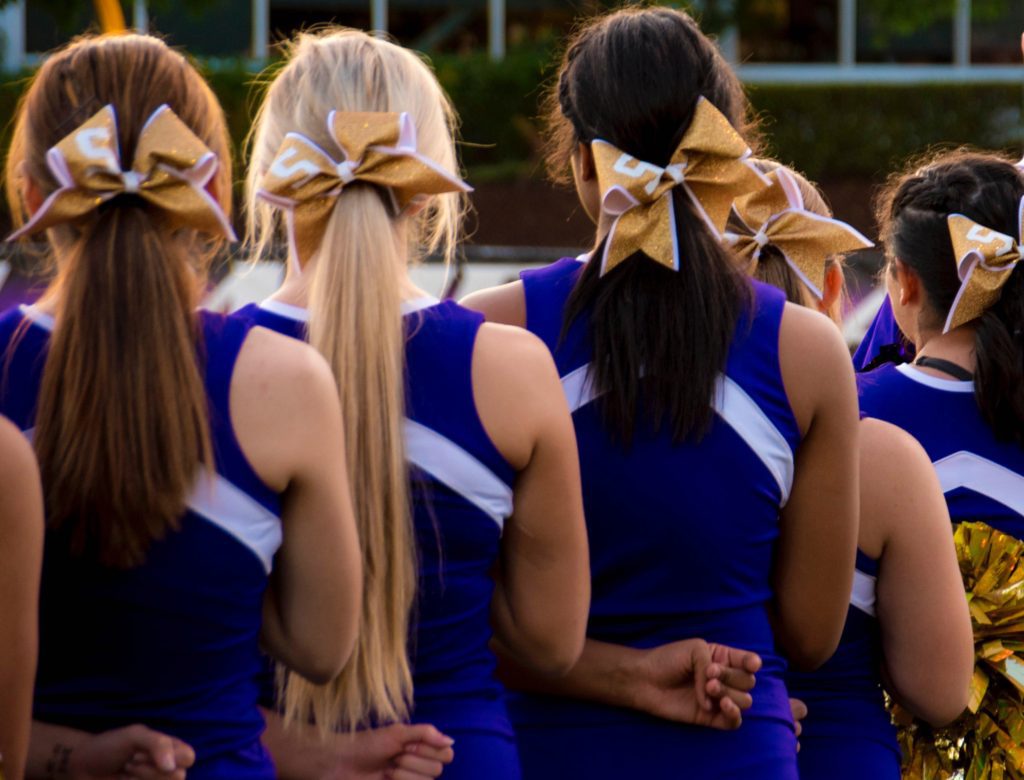
Wounds From Friends?
Outside of a few misunderstandings and squabbles, I hadn’t known a significant friendship challenge since high school. Until last year that is, when I felt as if I had, once again, fallen into a bizarre relationship vortex. Women I thought I knew well, women who professed to love me, behaved in ways that didn’t make sense.
Actions didn’t match words, which didn’t match the confusing gossip that travelled back to me through countless grapevines. At my age, I knew I didn’t need to be part of the clique forming around me. I knew I didn’t need their approval or acceptance. And yet, the rejection-inspired nausea still crept up my throat, same as it did when I heard the results of cheer tryouts.
I spent months riddling through my actions. Wondering if I was the crazy one. Processing how a former confidant could sit across the room and defiantly claim she “had no sin in this.” Ruminating scenes and sequences, over and again, just to get the facts straight.
In times of anger, I’d embrace my inner trial-lawyer and develop a rock solid case against her. Then, I’d swing the pendulum back, and blame myself. I’d repent for ways I knew I’d messed up and wonder why that wasn’t enough to restore peace.
There’s an old cliché that says time heals all wounds. That’s a farce. (It’s unbiblical, too.) Old wounds that aren’t properly dressed for healing continue to hurt. In fact, those who try to walk through life with these untreated wounds are the subjects of another, more accurate, cliché. Hurt people hurt people.
The Seven Deadly Friendships
The good news is, you don’t have to keep getting hurt by hurt people. Or, if you’re the hurt one afflicting pain on others, you can change. You don’t have to go through life wondering which friend will be the next to throw you off the cliff.
Knowledge is power, according to Sir Francis Bacon. Or, as they used to say at the end of every episode of G.I. Joe my brother watched in the 80’s, “Knowing is half the battle.” So, if you need a new dose of understanding in the realm of friendships, then there’s something I want you to read.
Last week my friend Mary DeMuth released a brand new book called, The Seven Deadly Friendships. Wow! This book makes sense of a lot of what I couldn’t.
Mary categorizes unsafe friendships into seven different categories—taken from the seven deadly sins. While she doesn’t ignore the truth that none of us our perfect friends (we may all act in unsafe ways from time to time), the ways she classifies dangerous friendships serve as a tremendous resource for anyone navigating the treacherous waters of female friendships.
From exploring the ways narcissistic friends can baffle you with their revisions of the truth, to uncovering the ways dramatic friends can suck you dry, you’re going to learn a lot reading this book.
And, if like me, you’ve been wounded by friends and need a resource to help you make sense of it all, get this book. Today. I found that most of my friendship fails didn’t neatly fall into one category or another, but I believe the list of traits from each type of “deadly” friendship will continue to be a help in evaluating relationships.
When It’s Over
One final thought. It’s one that Mary acknowledges in the prologue. Friends may not be friends forever, even if the “Lord is the Lord of them.” Mary quotes another book, one I’m actually reading now, called Necessary Endings by Dr. Henry Cloud (think Boundaries). It’s about the necessity of seasons in our lives. As Christians, we will enjoy our lives a whole lot more if we can stop lamenting endings and, instead, see them as part of the cyclical nature of our earthly existence.
Proverbs 18:24 reminds us that we can have a lot of friends and still face problems. But, it also reminds us that Jesus is a friend who is closer than a brother.
This lesson was important for me. As a younger person, I thought if friendships didn’t last “forever” then I was doing something wrong. But, some friends will only be friends for a season. God brings some relationships into our lives for a specific purpose and time, and then they end. Though we may feel loss, there’s no need to pour a gallon of Christian guilt over top of it.
I wonder if even Michael W. Smith would agree.
**This post contains affiliate links.
[mc4wp_form id=”4141″]
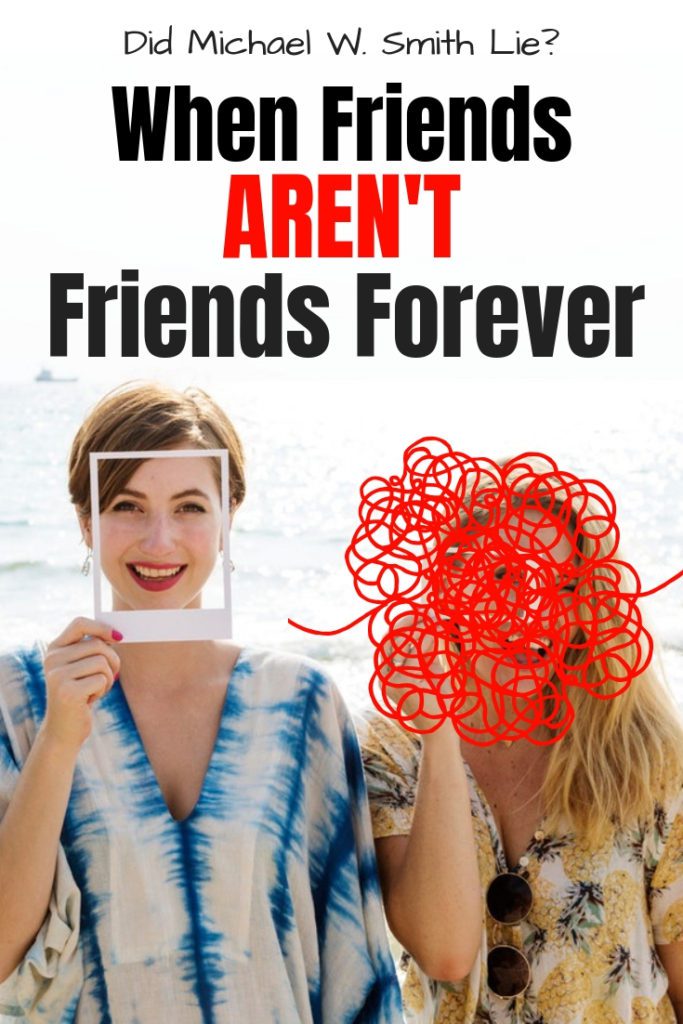
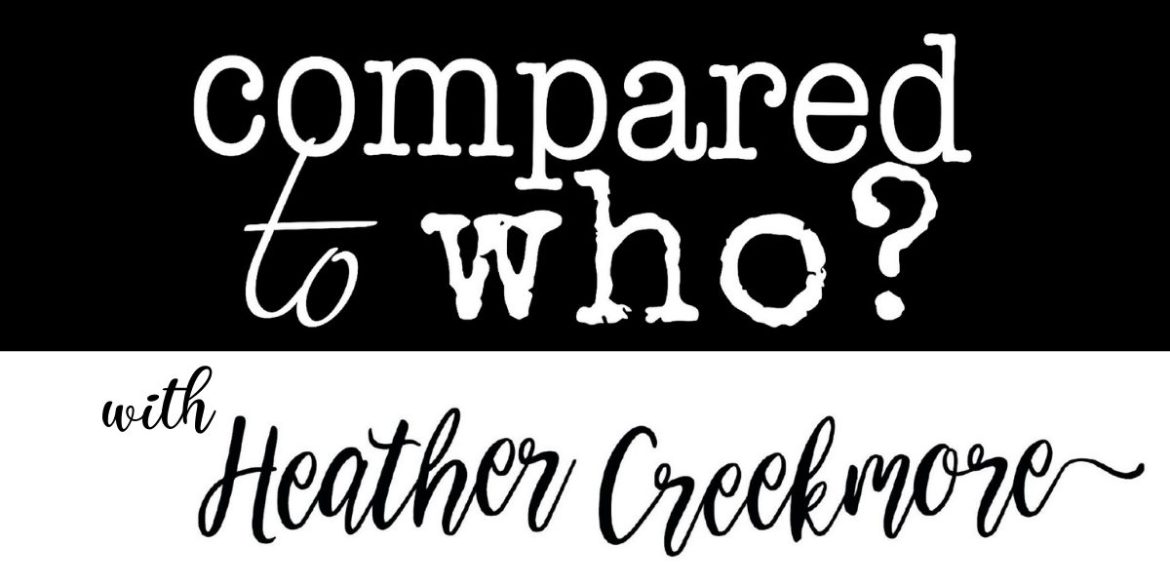

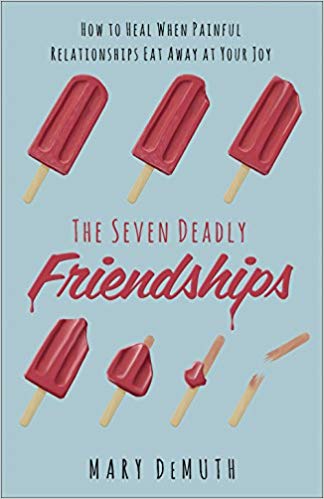

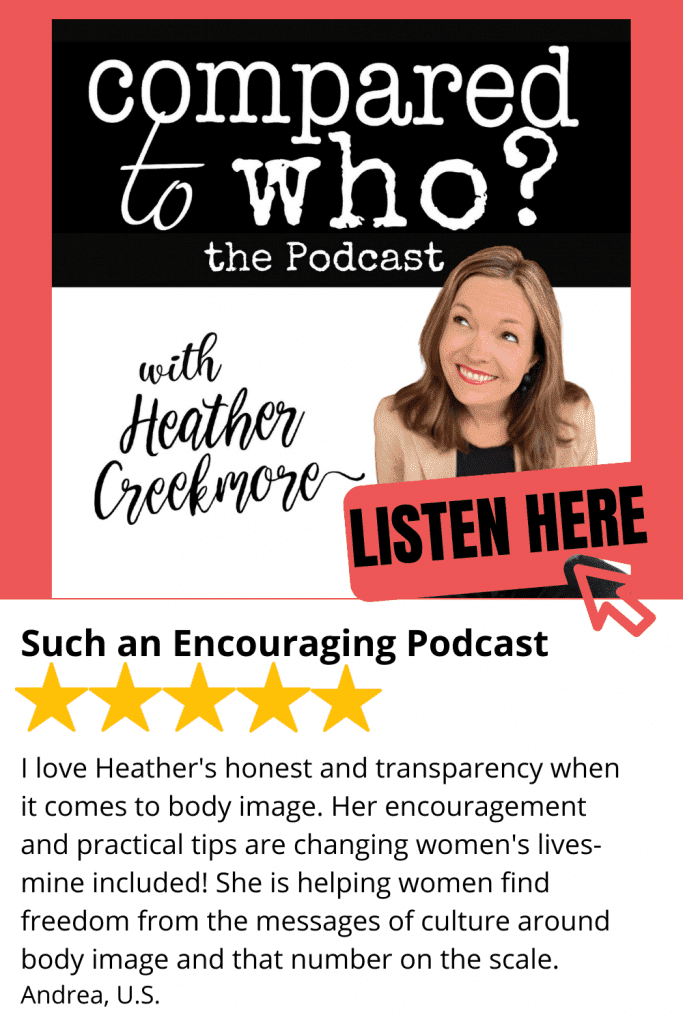


I love Michael W Smith and thats the only song of his I HATE.
I have never had good friends. I have alwys been lonely and the odd girl out,left behind, brokenhearted, stabbed in the back, etc. “ Best friends” stabbing me in the back, spreading vicious rumors, breaking up with me for who knows why, completely disappearing out of my life with me having no idea what I did wrong.
thing is, i have always done my best to be a loyal and faithful friend.
but Im so lonely. I feel completely alone.
I’m 46 years old and would do anything to have a lifelong friend, who really knew me, or a best friend to hang out with.
Everyone says Jesus is supposed to be enough.
But sometimes I wish I had some Jesus to go to the mall with me, or grab a sandwich together, or just come over to watch a movie, or (dare I dream? ) listen to me talk about my hopes, dreams, and fears.
Thanks for sharing that . . . No,I think saying Jesus is enough to you in this instance would be crazy insincere and even unbiblical. Jesus had friends! 12 of them. He took them wherever he went. Yes, it’s a comforting reminder when we feel alone to know that we still have Him, but I think his desire IS for us to have earthly friends to do the mall and movies together. I think a lot of us women struggle on that front. Honestly, part of the story I didn’t share in the original post is that it had been a really long time since I’d had a friend to share the deep stuff with and . . .boom . . .when all that deep stuff became the topic of gossip and twisted for the ears of people never intended to hear it, that hurt so bad. But, I know I have to “get back on the horse” and seek to find friends again. Being guarded doesn’t really protect me, it just keeps me lonely. I’m going to pray for you, that you’ll find that community you crave. I think there are a lot of women out there longing for real friends but afraid to take the initiative. Sometimes you may be surprised by who else is lonely. I’m praying that God will identify those women to you–that you’ll be connected to women who will show you what caring and sisterly love is all about. As for those past hurts – read Mary’s book that I recommend in the post. It may help you identify some of their traits and help you make sense of it all. For me, it helped to know I wasn’t crazy, that instead, I was dealing with someone with (extremely covert) narcissistic traits. This may help you as well. Hugs. May God bless you good friends. Soon.
I’ve always struggled with friendships. I had 2 close friends in high school that I lost in the same year. One moved away and another was sent to a girl’s home. Now that I’m an adult, a mom, I find it very challenging to find close friends. I have a couple who are married but no kids. That’s fine but I struggle with finding close mom friends. Play dates aren’t really good for getting to know other moms deeply because of all the interruptions. I had to let go of one mom friend because after talking with my mentor and my husband about her behavior toward me they both agreed she was toxic. Now I hang out with three other moms-we do play dates. One I’ve known for 8 years and have felt close to, the another I’ve known but only recently gotten to know her better. Then the third one I just met this summer. Like I said, we’ve been doing play dates. It seems to me that the friend I’ve known the longest and feel closest to is more “enamored” with the 2 newer girls. They seem to talk more. The 3 of them all belong to the same homeschool co-op while I attend a different one. Then last week we all went to the zoo and when I arrived they were all talking about a road trip they are planning together. I didn’t get officially invited to go along until a few days later. But it still hurt because they had been discussing and making plans without me. Thank you for writing on this. I’m still not sure if I should look for new friends or just see them as good friends who were acting poorly.
Oh girl. I’m so sorry. I hate the hurt that feeling left out causes. Sometimes it’s hard to know if we were intentionally left out or if it was mere oversight. When we don’t know the answer for sure, the Bible encourages us to give the benefit of the doubt. But in some cases, girls (and grown women) can make it quite clear to one another when someone’s being excluded. I don’t know for sure how to direct you because I don’t know the women, it may simply be that they were able to start making plans when they were all together and meant to include you. Healthy friends are able to talk openly and honestly about this kind of thing. Consider asking the question or expressing the fact that you feel left out and see how she reacts. If she gets defensive or gloms on excuses, then it may be time to look for some new friends. If she’s sad to hear your heart, and shows remorse or surprise that you feel that way, then it sounds like there may have been a misunderstanding. Navigating friendships can be so tough –and finding friends even tougher–especially in your season of raising littles. I pray God will give you clear direction and lead you to some good, safe friends. Hugs!